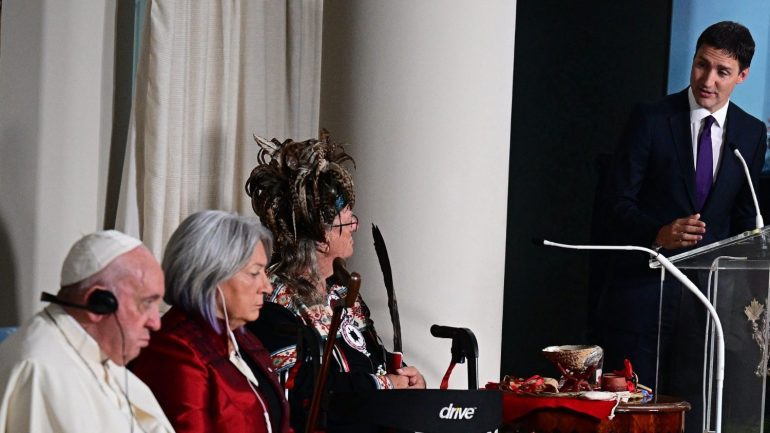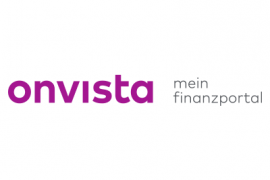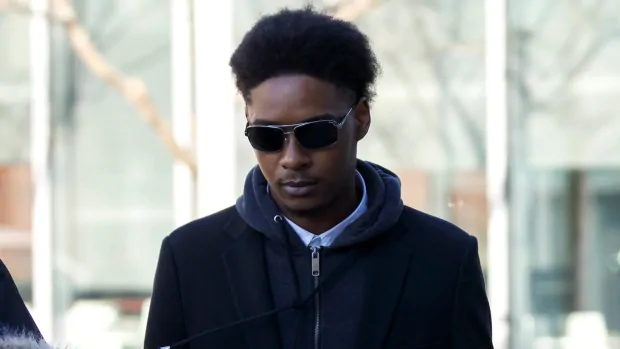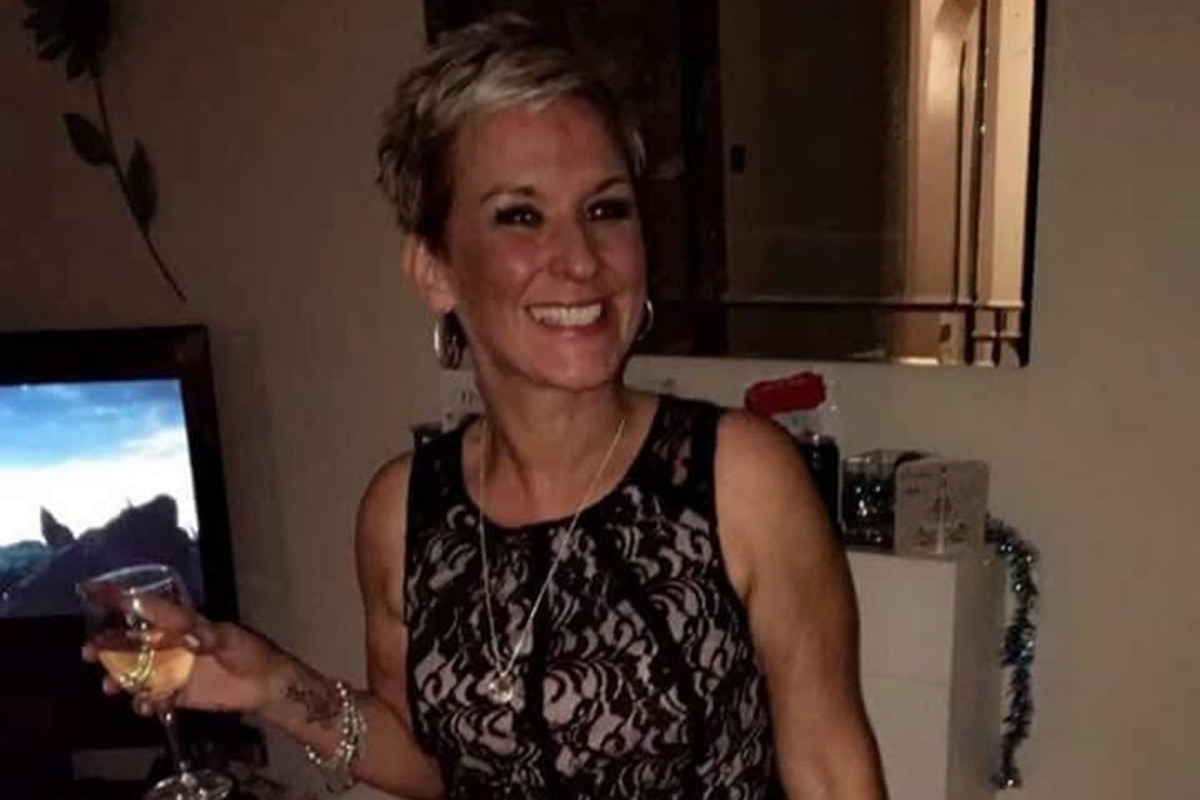Here we document in a working translation the speech given by Canadian Prime Minister Justin Trudeau to the Pope’s meeting with Canadian officials in Quebec.
Holy Father, Your Excellency, Indigenous Leader.
I am pleased to be here with you today and say a few words of introduction.
First of all, I want to thank the First Nations who have visited and settled the region for millennia for their traditional and contracted hospitality.
As we greet the Holy Fathers in Canada this week, it is important to reflect on the meaning of this moment for survivors, indigenous peoples and all Canadians.
Yesterday, July 26, we celebrated the Memorial of St. Anne.
St. Anne is an important figure for Catholics. She stands for maternal love. And it also represents family.
Family: These are our roots. Family is what helps us to grow and explore the world.
And the family is the first to be taken away from the children being sent to indigenous boarding schools.
When I visited Templops, Cowes and Williams Lakes – when I talk to survivors and their families, I think of the children and I think of the parents as well.
As a father, I cannot imagine my children being taken away from me. When my children cry, I can comfort them. If they are happy, I can share their happiness with them.
But in boarding schools, these children were lonely and isolated in their pain and misery, away from their families and communities. And what is worse is that their language, their culture, their identity have been taken away from them. A profound loneliness: not only the loss of family and community, but also the loss of their language, their culture and their identity.
Since the release of the Truth and Reconciliation Commission’s final report in 2015, First Nations, Inuit and Métis have called on the Pope to apologize to survivors, their families and the community. Apologies for the role played by the Roman Catholic Church as an institution in the spiritual, cultural, emotional, physical and sexual abuse of Indigenous children in church-run boarding schools.
This week’s celebration in Maskavakas would not have been possible without the courage and perseverance of the survivors, who shared their painful memories and their experiences directly with the Holy Father.
Holy Father, in our last conversation, ever since we first talked about it, you have always given your time and sincere effort to understand, do well, and make amends.
This week you acknowledged the abuses in boarding schools that have led to the destruction of culture, the loss of lives and the lasting trauma of indigenous peoples in every region of this country.
As you said, Holy Father, in Maskavakis, asking for forgiveness is not the end of the matter: it is a starting point, a first step.
I sat down with survivors on Monday morning and was able to see their reactions to your apology. Everyone will take everything they need from it, but no doubt you have made a tremendous impact.
The survivors and their descendants should be at the center of everything we do going forward.
In April, Deene’s chief, Gerald Antoine, was at the Vatican and compared the moment to the experience of walking through snow and seeing fresh moose tracks. It was a feeling of hope. Today I want to say that let us all work together to keep this hope alive.
When I went to the Vatican five years ago, I wanted to discuss with you, the Holy Fathers, the topic of boarding schools and reconciliation.
And I know that your presence here this week would not have been possible without your personal beliefs and integrity. Thank you for coming with an open heart.
We all acknowledge that the boarding school system has attempted to assimilate indigenous children. Today, indigenous peoples continue to struggle to protect and preserve their cultures and languages. The traditional gathering in Maskawakis is a good example of this.
Reconciliation is everyone’s responsibility. It is our responsibility not to see our differences as an obstacle but as an opportunity to understand each other better and learn to act.
The governor-general often says that reconciliation is not a one-time gesture, but a lifelong path to healing. This path is different for every person.
I have said that Saint Anne is a symbol of maternal love and family. But Saint Anne also stands for healing. Tomorrow you, Holy Father, will go to Sainte-Anne-de-Beaupre. For centuries, pilgrims have been there to pray and ask Saint Anne for healing.
In the spirit of healing, let’s never give up. Canadians, Institutions: Let’s continue our work together with Indigenous peoples until we achieve a better future for all.
Thank you thank you tiavenhco [TEEA-WEHK],

Devoted web advocate. Bacon scholar. Internet lover. Passionate twitteraholic. Unable to type with boxing gloves on. Lifelong beer fanatic.





